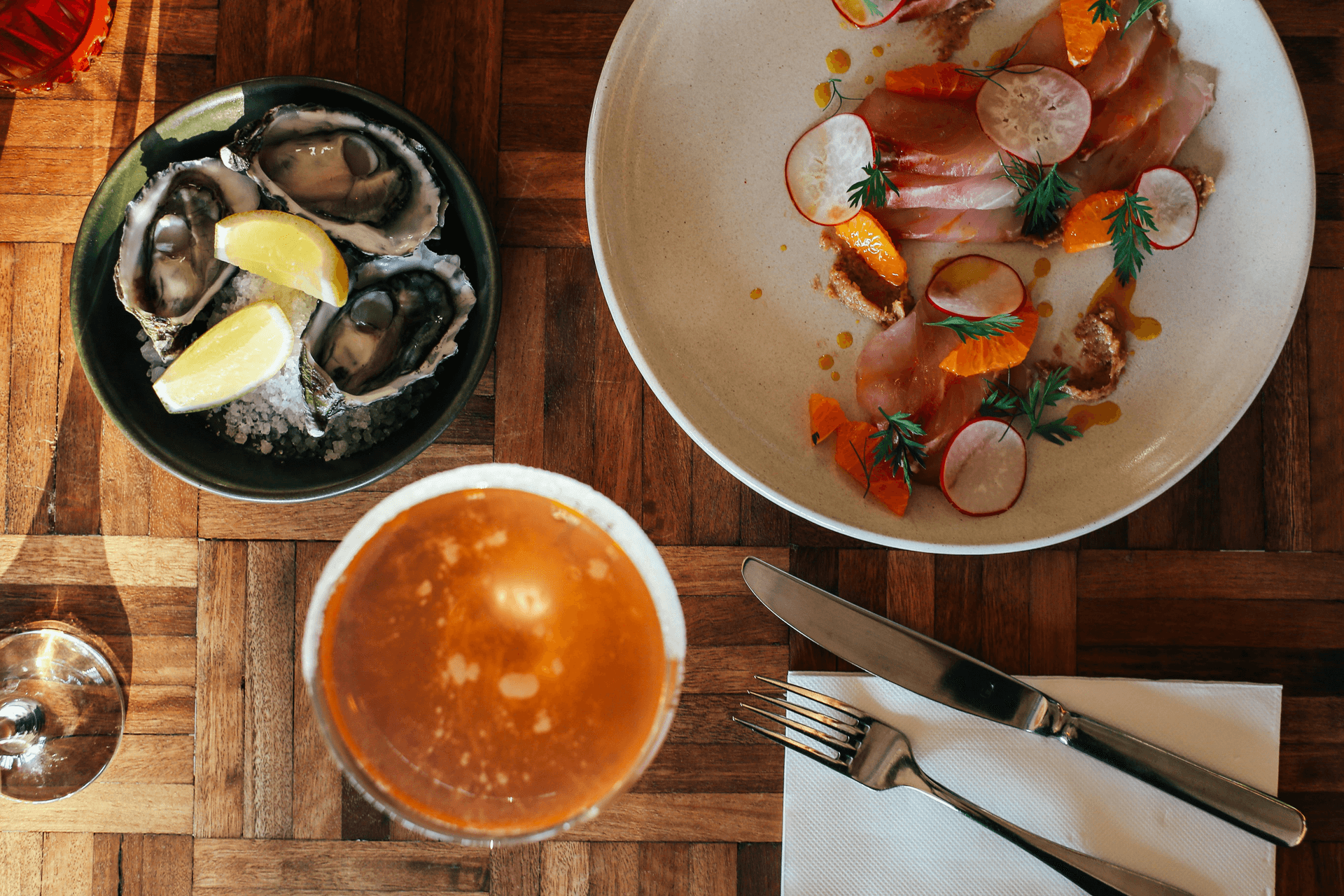Pescatarian Diet: It's okay to eat fish 'cause they don't have any feelings?

Pescatarian Diet
The pescatarian diet is simply a type of diet that includes fish and seafood while excluding other types of meat, like poultry, beef, pork, and lamb.
In this diet, like vegetarians, you can consume vegetables, fruits, legumes, nuts, seeds, and grains.
Personal Preference
Some people who follow this diet also consume dairy products and eggs. This allows them to diversify their sources of protein and enrich their diet.
If you don't have any other reasons, ethical or allergic, you can add dairy products and eggs to your diet.
The main components of Pescatarian Diet
- Fish and seafood:
- Includes all types of fish
- Fish is often consumed multiple times a week.
2. Plant-Based Foods:
- Fruits and vegetables
- Whole grains: Brown rice, oats, whole wheat, etc.
- Legumes: Beans, lentils, chickpeas, peas, etc.
- Nuts and Seeds: Almonds, walnuts, etc.
- Personal preference: Diary and eggs.

What benefits can the pescatarian diet have?
- Nutrient-Rich:
- Vitamins and Minerals: Fish is a good source of essential nutrients like vitamin D,B2, zinc, iron, and potassium.
2. Heart Health:
- Omega-3 Fatty Acids: Fatty fish like salmon, is rich in omega-3 acids, which are beneficial for heart health.
3. Weight Management:
- Low in saturated fats: Helps in maintaining a healthy weight and reducing the risk of obesity.
- Satiety: High protein content helps in feeling full and satisfied.
4. Brain Health:
- Cognitive Function: Omega-3 fatty acids are very essential for your brain. Potentially reducing the risk of cognitive decline.
If you follow this diet, it's beneficial to consume little or no fish or seafood with high mercury levels. This is especially important for pregnant woman, nursing mothers, and children.
So, if it's okay to eat fish, you can try this diet.